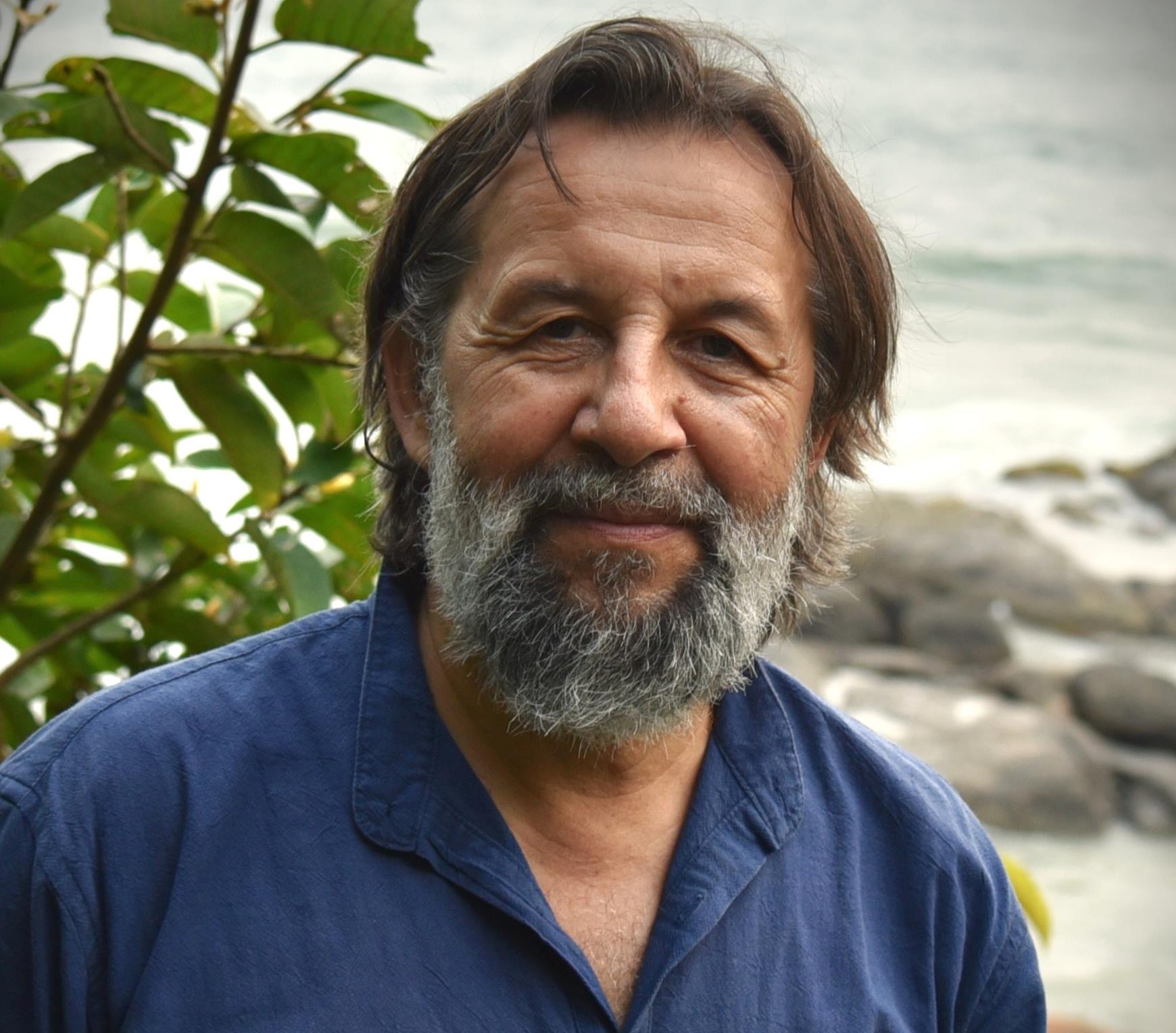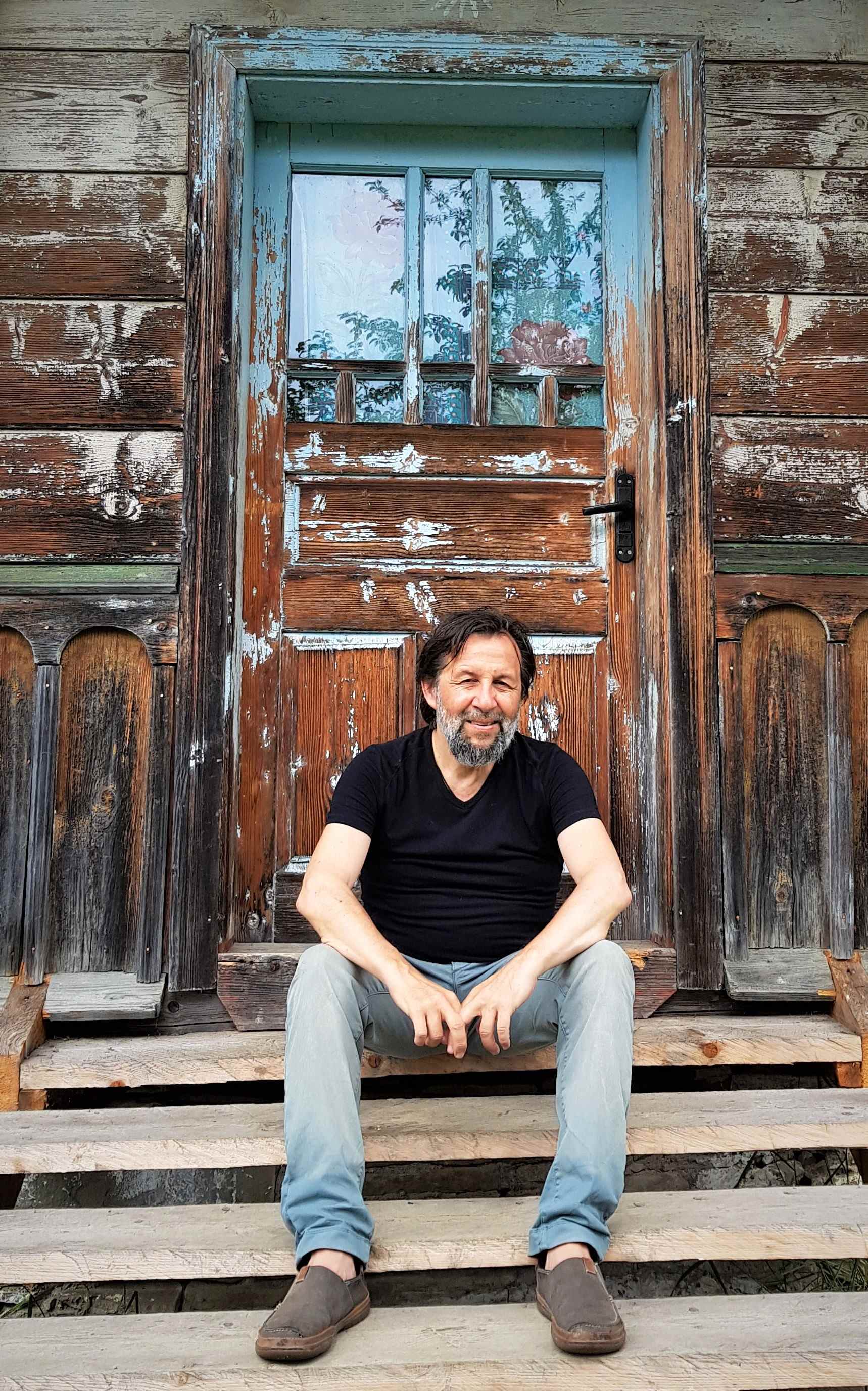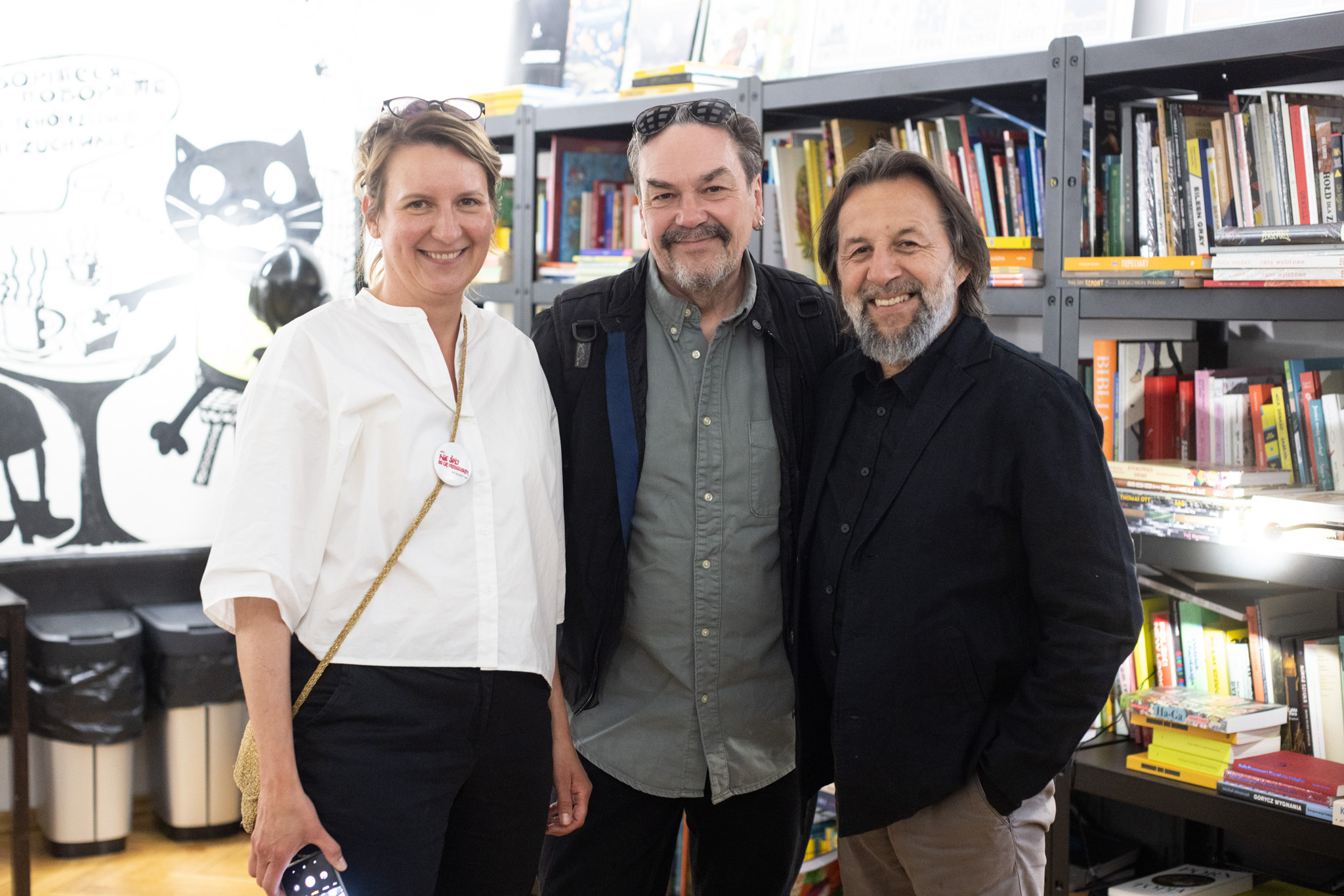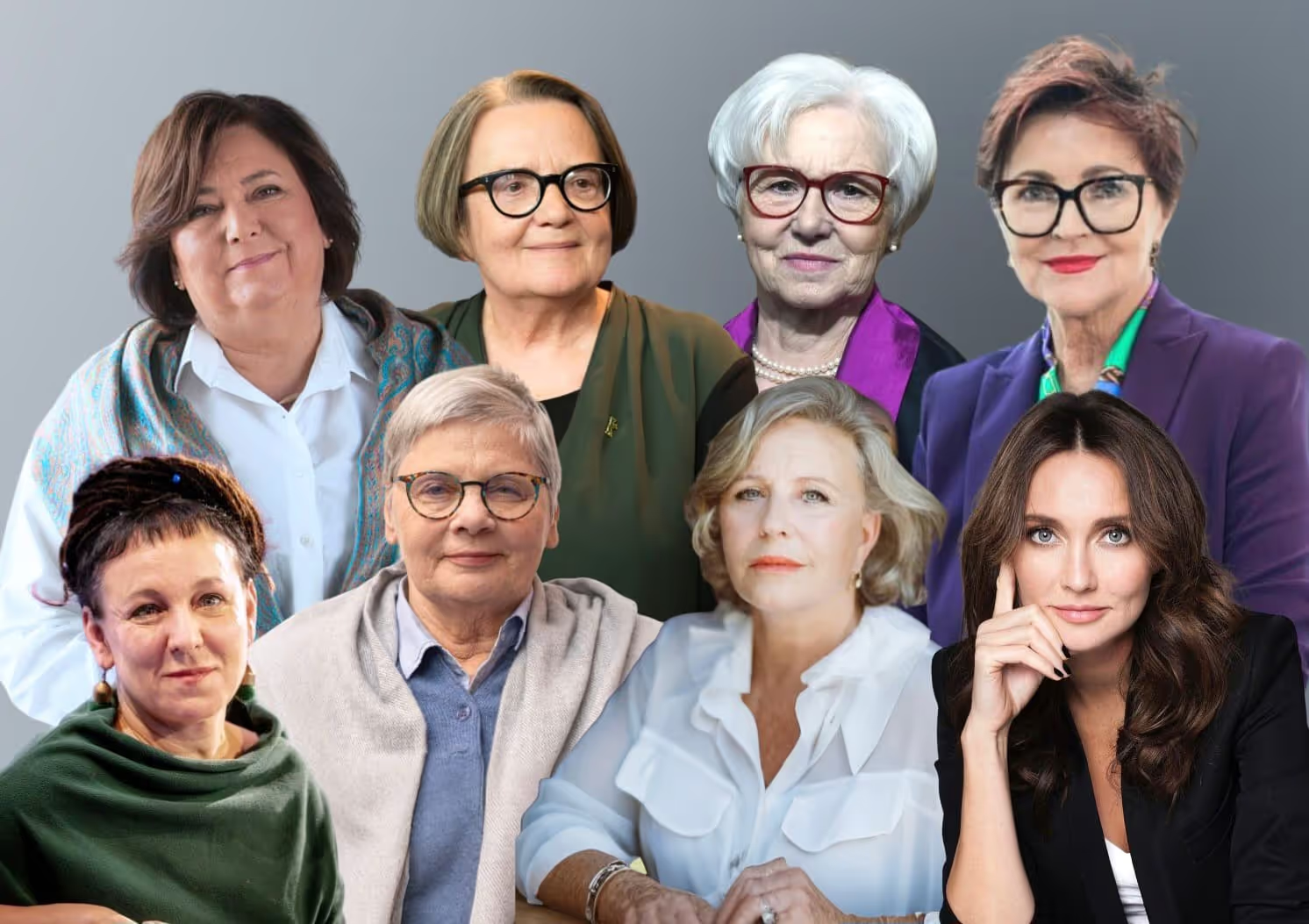Support Sestry
Even a small contribution to real journalism helps strengthen democracy. Join us, and together we will tell the world the inspiring stories of people fighting for freedom!
Близько 4 тисяч українських медиків офіційно працевлаштувались у Польщі після повномасштабного вторгнення, повідомляє Міністерство охорони здоров'я Польщі. Але для багатьох з них це означає не просто переїзд, а повне перезавантаження кар’єри: вивчення мови, складання іспитів, а нерідко навіть повторне навчання.
Чому польська медицина потребує українських фахівців, але не завжди легко їх приймає? Як виглядає шлях від «тимчасового дозволу» до повноцінної ліцензії і визнання спеціалістом? Що чекає на тих, хто вирішив пройти цей шлях до кінця? І що відчувають ті, хто ще вчора був визнаним фахівцем, а сьогодні мусить доводити, що гідний взагалі працювати за фахом? Три реальні історії — про розчарування, боротьбу та новий старт.
«Без мови й нострифікації ти ніхто»: історія стоматологині, яка відчула себе «інструментом для заробітку»
До Польщі Інна (ім’я героїні змінено на її прохання) приїхала з Харкова близько пів року тому. Рішення про переїзд далося непросто, але щоденні обстріли, постійна тривога й відсутність умов для нормального життя, зокрема — для навчання дітей, змусили шукати безпеки за кордоном.
З початком повномасштабної війни польська держава спростила процедури для українських медиків: з’явилася можливість отримати умовну ліцензію, яка дозволяє працювати у конкретному медзакладі під наглядом польського лікаря. Такий дозвіл діє п’ять років. Тож Інна зібрала необхідні документи й подала заявку до Міністерства охорони здоров’я Польщі, щоб отримати тимчасове право на медичну практику. Попри те що польською не володіла, досвід і фах дозволили їй швидко влаштуватися на роботу — в українську приватну стоматологічну клініку, орієнтовану насамперед на українських пацієнтів.
— Спочатку здавалося: вау, клас, можна відразу працювати. Але незабаром з’явилося відчуття, що ти не лікар, а інструмент для заробітку, — розповідає Sestry Інна.
.avif)
Після повномасштабного вторгнення польський медичний ринок став стрімко адаптуватися під нову реальність: кількість українських пацієнтів зростала, і разом з нею — попит на лікарів, які могли б їх приймати рідною мовою. Деякі приватні клініки швидко побачили у цьому не лише гуманітарну, а й фінансову можливість, — і почали активно шукати й брати на роботу українських спеціалістів. На жаль, деякі компанії так захопилися новими можливостями заробити, що стали ігнорувати питання якості послуг або умов праці своїх лікарів.
Інна опинилася саме в такій системі: знайомі обличчя, мова, фах — здавалося, все на своєму місці. Але з кожним тижнем ставало дедалі очевидніше: до неї ставляться не як до фахівчині, а як до «активу», який має генерувати дохід.
— Я не відчувала себе лікаркою. І не тому, що забула, як лікувати. Я не мала права ні на слово, ні на професійну ініціативу. Важко, коли твої досвід, освіта, етика ніби більше не мають значення, — ділиться вона.
Робота перетворилася на потік — швидкі прийоми, мінімум взаємодії, жодної підтримки з боку колег чи адміністрації. Ставлення в колективі — прохолодне, дистанційоване. Такий досвід виявився для Інни виснажливим. І зрештою вона вирішила зупинитися.
Зараз Інна взяла паузу — вивчає польську, зважує на можливість нострифікації, шукає шляхи легального й сталого працевлаштування. Їй важливо повернути не лише професію, а й відчуття професійної гідності.
— Я зробила помилку, думаючи, що можна обійти систему. Якщо хочеш поваги, маєш бути частиною офіційної системи. Інакше ти назавжди «тимчасовий спеціаліст»
Інна не приховує, що їй страшно. Вона боїться, що може не скласти іспити, що не впорається. До того ж нострифікація — досить дорога й емоційно складна процедура. Але ще більше вона боїться повернутися туди, де її використовують.
— Я знаю, чого варта. Просто тепер потрібно пройти цей шлях до кінця. Без ілюзій — але з гідністю.
«Це довгий шлях, але він того вартий»: як сімейна лікарка з 15-річним досвідом знову складала іспити
Історія наступної героїні показує зовсім інший шлях.
Марина Білоус переїхала до Польщі в березні 2022 року. В Україні вона понад 15 років працювала сімейною лікаркою. У Польщі ж довелося починати фактично з чистого аркуша: Марина опинилась тут з трьома дітьми і котом, без будь-якої підтримки, чіткого плану, але з рішучим налаштуванням продовжити працювати за фахом.
— Не уявляю себе в іншій ролі. Лікар — це не просто робота, це частина мене. Я знала, що буде важко, але іншого варіанту для мене не існувало.

Як і багато її колег, Марина скористалась можливістю отримати умовну ліцензію на медичну практику в Польщі. Разом з тим вона відразу вирішила будувати кар'єру з прицілом на довгострокову перспективу, а для цього потрібно було пройти повну нострифікацію диплома.
Нострифікація передбачає складання двох іспитів: мовного тесту NIL (Naczelna Izba Lekarska) з медичної польської мови та комплексного іспиту з клінічних дисциплін. Тож перше, за що взялася Марина, — це мова.
— Мова — це ключ. Навіть якщо ти найкращий фахівець, без мови не зможеш ані поспілкуватися з пацієнтом, ані працювати в колективі. Я змушувала себе займатися по 4-6 годин на день протягом пів року
Мову Марина вивчила самостійно — спочатку граматика й базова лексика, потім книги, фільми, розмовні практики. Медичну термінологію опановувала через онлайн-платформу wiecejnizlek.pl, до якої українські лікарі мали безкоштовний доступ.
Після успішного складання мовного іспиту Марина отримала роботу лікарки першого контакту в медичній клініці міста Гродзиськ-Мазовецький, що під Варшавою. Паралельно пройшла курси УЗД, отримала сертифікат і стала проводити ультразвукові обстеження. Паралельно почала готуватися до комплексного нострифікаційного іспиту.
Це тестування проводиться комісією медичного університету 3-4 рази на рік і коштує (за даними на весну 2025) 4 685 злотих. У ньому 160-200 питань з різних галузей медицини: інтерністики, хірургії, гінекології, психіатрії, педіатрії й інтенсивної терапії. Після успішного складання цих іспитів диплом прирівнюється до диплома випускника польського медичного університету. Підготовка до цього зайняла у Марини ще близько пів року. Щодня вона займалась по 2-3 години.
— Іспит складний — охоплює все. Були навіть питання з історії медицини, наприклад: «Хто першим виконав резекцію шлунка?» Наскільки мені відомо, склали іспит лише 20 відсотків кандидатів, і я дійсно щаслива, що потрапила до цієї меншості.
Отже, після повної нострифікації диплома Марина офіційно отримала право працювати в польській системі охорони здоров’я. Зараз вона приймає пацієнтів як лікарка загальної практики, чергує в шпиталі, продовжує проводити УЗД і зазначає, що в Польщі це цінується: сімейний лікар має широкий спектр відповідальності.
— Тут лікар першого контакту — не просто терапевт, а керівник здоров’я пацієнта
Основна частина її пацієнтів — поляки, українців близько 5 відсотків. В місяць крізь її руки проходить близько 500 людей. Марина каже, що пацієнти приймають її з довірою й відкритістю:
— Більшість приходить до мене регулярно. Упередженого ставлення не відчуваю. З мовою теж немає особливих проблем: якщо не знаю якогось слова — питаю, і пацієнти охоче підказують.
Марина підкреслює, що польська система дуже відрізняється від української: немає черг, пацієнти приходять за попереднім записом, жоден не має її особистого номера телефону — комунікація виключно в межах прийому, який триває 15 хвилин. Серед колег — повага, підтримка, обмін досвідом.
Водночас Марина зауважує, що польські лікарі обурюються, коли деякі українські медики називають себе «спеціалістами» без проходження резидентури, адже в Польщі цей статус надається тільки після додаткових років навчання. Цей етап у Марини ще попереду.
Щодо зарплати — різниця з українськими реаліями теж дуже відчутна. За останніми даними, українські лікарі в Польщі можуть заробляти 6 000-12 000 злотих на місяць залежно від спеціальності, навичок і досвіду. Як зазначає Марина, фіксованої ставки немає: усе залежить від домовленості й рівня знань. Але що більше вмієш — то вищий дохід.
Зараз Марина відчуває себе впевнено й стабільно. Робота потребує віддачі — інтелектуальної й емоційної. Але вона вдячна собі за те, що ступила на цей шлях.
— Це дуже складно й досить довго. Але ця праця точно окупиться. Я твердо знаю, що це інвестиція в майбутнє — моє і моїх дітей.
Попри втому й навантаження, вона зізнається, що щаслива:
— Тут є система, є повага.
Лікар — це не просто фігура в білому халаті, а людина, якій довіряють. І це найважливіше
«Вирішила почати все з нуля — чесно і за правилами»: шлях офтальмологині до повноцінної практики
Третя героїня також обрала офіційний, хоча й значно складніший шлях відновлення в професії.
Катерина Казак приїхала до Варшави на третій день великої війни. Маючи білоруське громадянство (хоча родом з Волині), вона останні роки жила й працювала в Україні, але війна змусила шукати безпечне місце.
Майже відразу після приїзду Катерина почала шукати можливості для продовження лікарської практики. Подала документи на умовну ліцензію, але через білоруський диплом не отримала пільг, які мали українські лікарі. Через 9 місяців очікувань прийшла відмова. І тоді Катерина пішла іншим шляхом нострифікації диплома.

— Я використала час очікування рішення на те, щоб розібратися з легалізацією й активно вивчати мову. Вирішила йти офіційним шляхом, наскільки складно б не було.
Катерині вдалося успішно скласти два іспити: мовний — з медичної польської, та комплексний — із загальної медицини. Після нострифікації вона отримала статус випускниці медичного університету. Наступний етап — стажування (13 місяців для лікарів, 12 — для стоматологів) або два роки роботи в польській системі охорони здоров’я. Після цього — ще один іспит LEK (Lekarski Egzamin Końcowy), і тільки після нього можна отримати повну лікарську ліцензію. З нею лікар може працювати в POZ (Podstawowa opieka zdrowotna), на SOR (Szpitalny oddział ratunkowy) або в NPL (Nocna Pomoc Lekarska). Щоб працювати, наприклад, неврологом, кардіологом чи, власне, офтальмологом, необхідно мати титул спеціаліста.
— Тобто нострифікація — це тільки середина шляху. Ти не можеш відразу стати спеціалістом. Щоб мати можливість працювати за своєю спеціальністю, мені довелося знову вступити до резидентури.
Сьогодні Катерина працює лікарем-резидентом в університетській лікарні в Лодзі. Вона — єдина іноземка серед колег. Її пацієнти — переважно поляки.
— Звісно, моя польська ще далека від ідеальної. Інколи бракує слів, щоб пояснити пацієнтам нюанси хвороби чи операції. Тоді я малюю, залучаю колег або самі пацієнти допомагають знайти правильне слово.
Катерина зізнається: довіра не завжди приходить відразу, особливо від літніх пацієнтів:
— Для когось я — чужинка. Але коли створюєш атмосферу безпеки й пояснюєш кожен свій крок, недовіра зникає
Чи варто йти цим шляхом? Виклики, зарплати й перспективи для українських лікарів у Польщі
Щодо відмінностей в підходах до медицини в Польщі й Україні, Катерина Казак вважає, що вони досить суттєві, і свої плюси й мінуси є в кожній із систем:
— В Україні велика різниця між державною та приватною медициною. У приватних центрах часто вищий рівень і обсяг послуг. У Польщі ж у великих містах державні клініки мало чим поступаються приватним. І обладнання, і кваліфікація персоналу — все на рівні. Більшість лікарів працює водночас у державних лікарнях і приватно (хоча чимало лікарів високої кваліфікації все ж віддають перевагу приватним — Ред.). Середній час консультації — 10-15 хвилин, і не завжди цього вистачає, щоб усе проговорити з пацієнтом. Візити плануються заздалегідь — іноді на 3-4 місяці, а до деяких спеціалістів — на рік-півтора. Стаціонарна допомога надається тільки у випадках складних станів. «Прокапатись» чи промити судини, як в Україні, — не вийде.
На думку Катерини, найбільше в Польщі бракує хірургів, педіатрів, лікарів загальної практики та фахівців екстреної медицини. Хірургія стає дедалі менш популярною — через надмірне навантаження й складні умови праці.
— Вже кілька років у резидентурах недобір хірургів. Молодь не хоче йти туди, де вигориш за три роки.
Катерина вважає, що українським лікарям, які планують переїзд, варто бути готовими до серйозних викликів:
— Важливо усвідомити, що це складний і виснажливий шлях. Вдома ти міг бути зіркою, а тут починаєш з нуля. Найімовірніше, доведеться вивчати мову й паралельно працювати. Конкуренція не тільки з поляками, а й з емігрантами з України чи Білорусі, яких з кожним роком дедалі більше. А головне — треба постійно вчитися. І не здаватися, вірити в себе й весь час рухатися вперед, наскільки складною і страшною не здавалась би дорога.
Фотографії з приватного архіву
Проєкт співфінансується за рахунок коштів Польсько-Американського Фонду Свободи у рамках програми «Підтримай Україну», реалізованої Фондом «Освіта для демократії»




Українська журналістка, редакторка й сценаристка. Працювала головною редакторкою журналів Ліза та Enjoying Club, а також редакторкою провідного українського порталу NV. У творчому доробку — велика кількість глибоких текстів, надихаючих історій і сміливих експериментів. Любить життя, людей, тонкий гумор і щиро вірить у силу слова. Її життєве кредо — «Ніколи не кажи «ніколи»





















